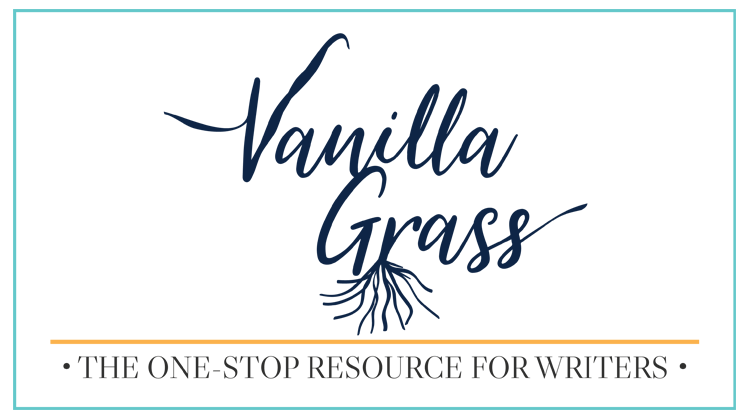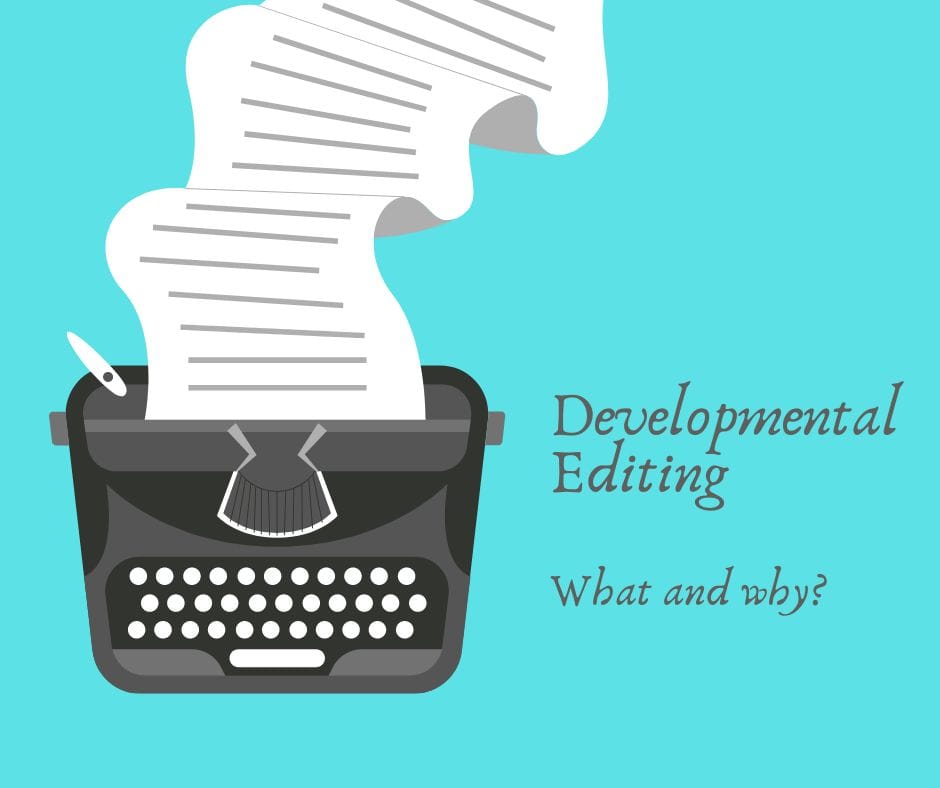Hey writer!
Kyro Dean here!
Welcome to VanillaGrass writing resources! I’ve been asked a lot at recent writing conferences and Facebook groups how to make your story shine with developmental editing.
But first . . .
Who am I?
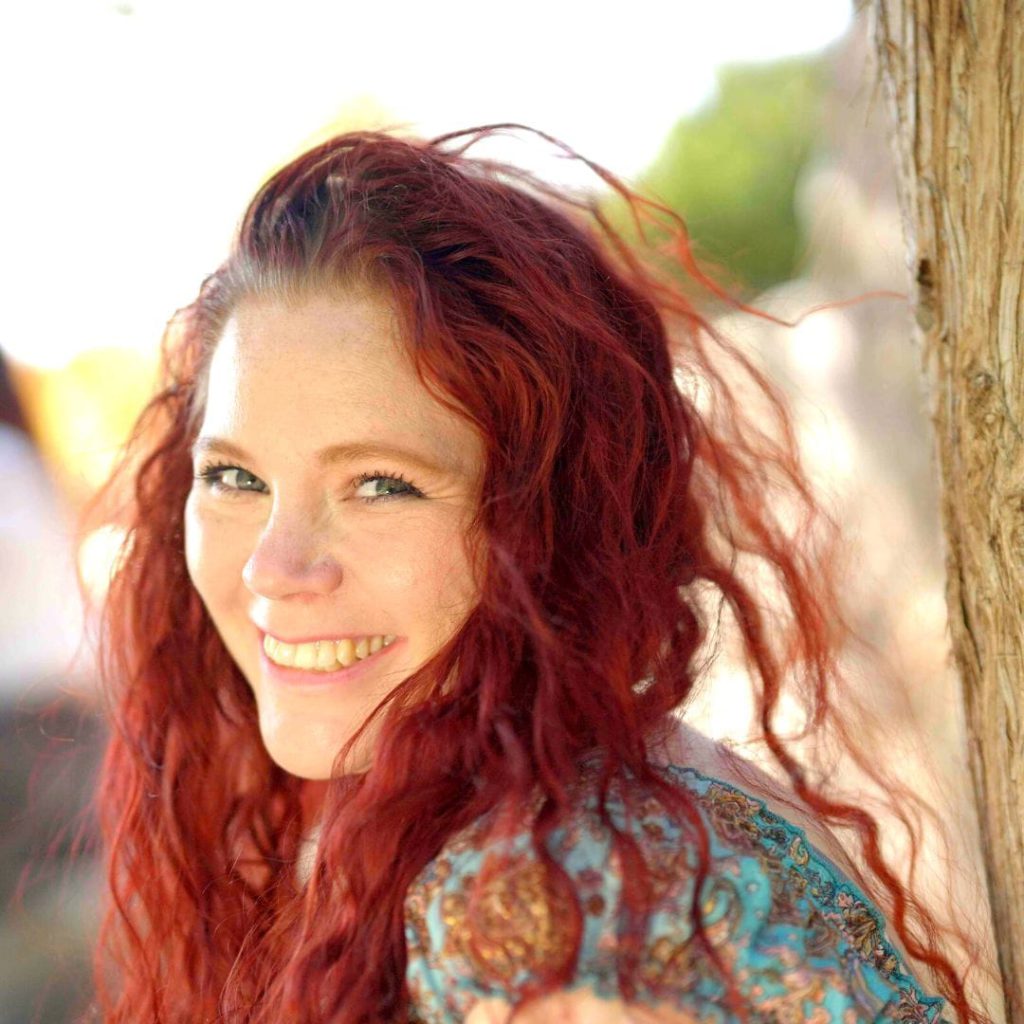
For those of you who don’t know me, I own and am the acquiring editor for Eight Moons Publishinng and have worked for several years as a developmental editor for primarily the fantasy and romance genres. I also co-wrote The Fires of Qaf fantasy romance series and wrote the Rogue Royals steampunk spy novels.
Don’t let my familiarity with fantasy or romance deter you if you write horror or thrillers or any other genre. These tips and tricks can be applied to all writing!
I got you.
I love developmental editing. It’s what turns an okay story and some great ideas into fantastic escapes that your readers will gobble up! It’s why I love to edit people’s novels. The transformation is exhilarating.
And that’s what has inspired today’s topic and the next few posts in my new series: Developmental Editing Tips and Tricks!
To start, we’ll go over what is developmental editing and why does it matter?
I figure we should start with the why before jumping into the how.
So what is developmental editing, conceptual editing, or–in its loosest form–manuscript consults?
Developmental editing focuses on the structure and flow of your plot to ensure you hit all the appropriate tropes, beats, and story structure elements you need to make your story flow smoothly and be the best version it can be.
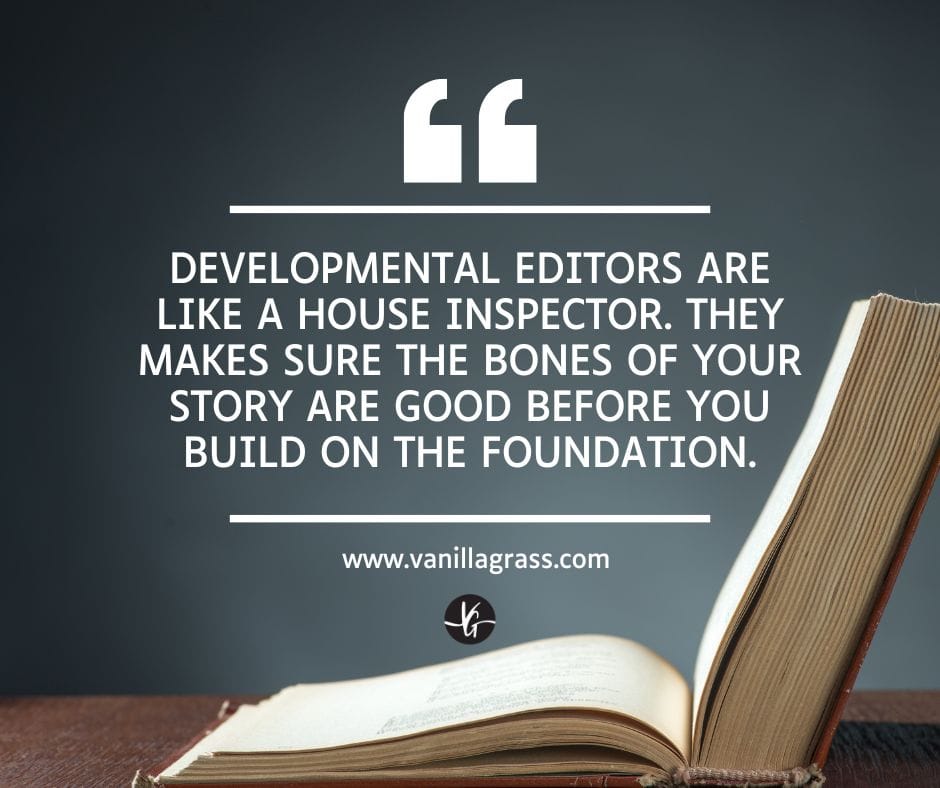
What does a developmental editor do?
In short, a good developmental editor reads through your novel and lets you know where there might be issues with your story arc, character development, and tropes, and gives you ideas or suggestions on how to fix them. Sometimes this means moving story elements around, adding missing pieces, and taking out anything that slows the pacing.Note: developmental editors are not line editors. They may point out some stray commas or sentences that drive them nuts, but their purpose is to focus on the story.
Why is developmental editing important?
A developmental edit is essential for excellent manuscripts because it gives you a trained eye on what matters most in your book: the story! It’s like an ultra-super-charged beta read by someone who understands your genre, your readers, and their expectations! They give you an outside perspective on a story you know by heart so they can show you what’s missing from the manuscript that your personal knowledge sometimes makes you blind to. The best part? They’re experts in helping you fix it! No vague “this isn’t sitting right but I’m not sure why.” Developmental editors will let you know why something isn’t working and ideas on how to correct it.
What should you look for in a developmental editor?
A focus on experience in your genre is important if you want the best results. As a fantasy and romance editor, I could developmentally edit a thriller and probably catch issues with their character development, theme, and confusion for the reader, but I wouldn’t be the strongest candidate for ensuring they hit their trope and genre beats. You should also consider the level of edits you want and where you are at in the publishing journey/timeframe. If you’re resistant to the idea of big changes because you’re nearing publication, a heavy developmental edit might frustrate you. Developmental edits are best for novels coming out alpha draft and absolutely without a doubt before any line edits.
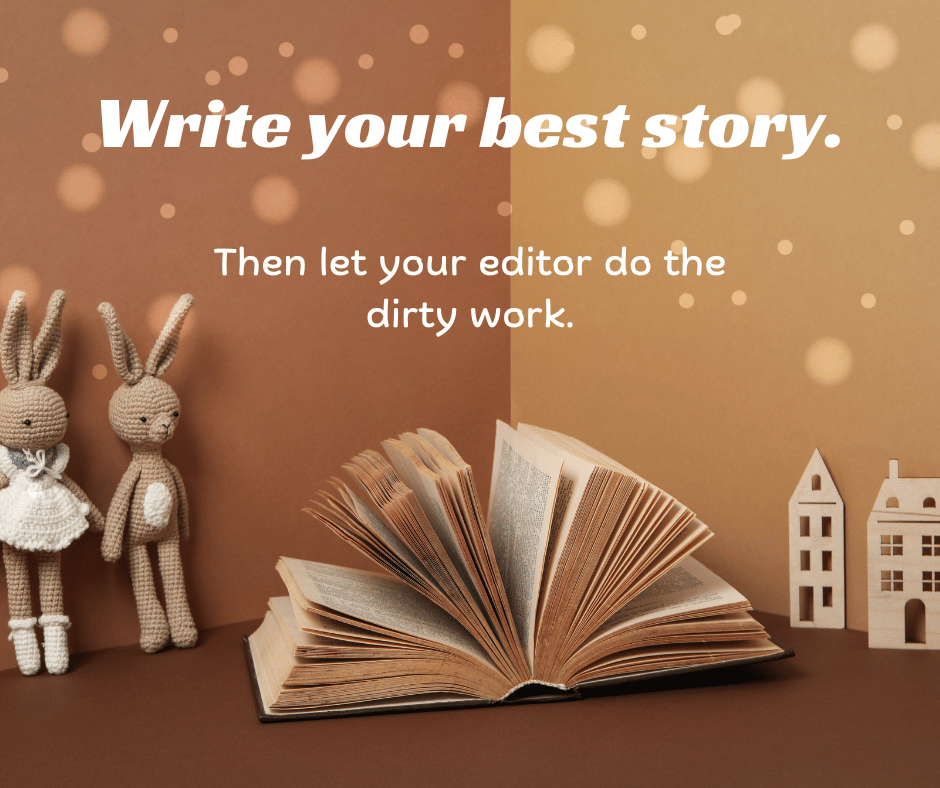
How can you developmental edit on your own to save money?
Great question! I know that publishing a book can be expensive and awesome writers are always looking on ways to cut costs and save money! This makes producing the best quality manuscript essential before you hand it over to experienced hands. In the end, qualified developmental editors cost money! So what can you do on your own?
That’s what the next few posts will be on. We’ll go over topics like how to make sure your scene is a scene, understanding story plots and what they accomplish, how to identify and write satisfactory tropes without being cliche, and how to make sure plot and character arcs are solid and doing what you want them to! Most importantly, in addition to learning, there will be actionable steps to take! We’ll look at tips and tricks when editing that you can do right away to make your manuscript the best it can be. So stay posted over the next few weeks!
Also, if there are any specific questions you want addressed over the next little while, post them below, and feel free to ask questions after each post!
In the meantime, check out our plot graphing calculator and free downloads!
